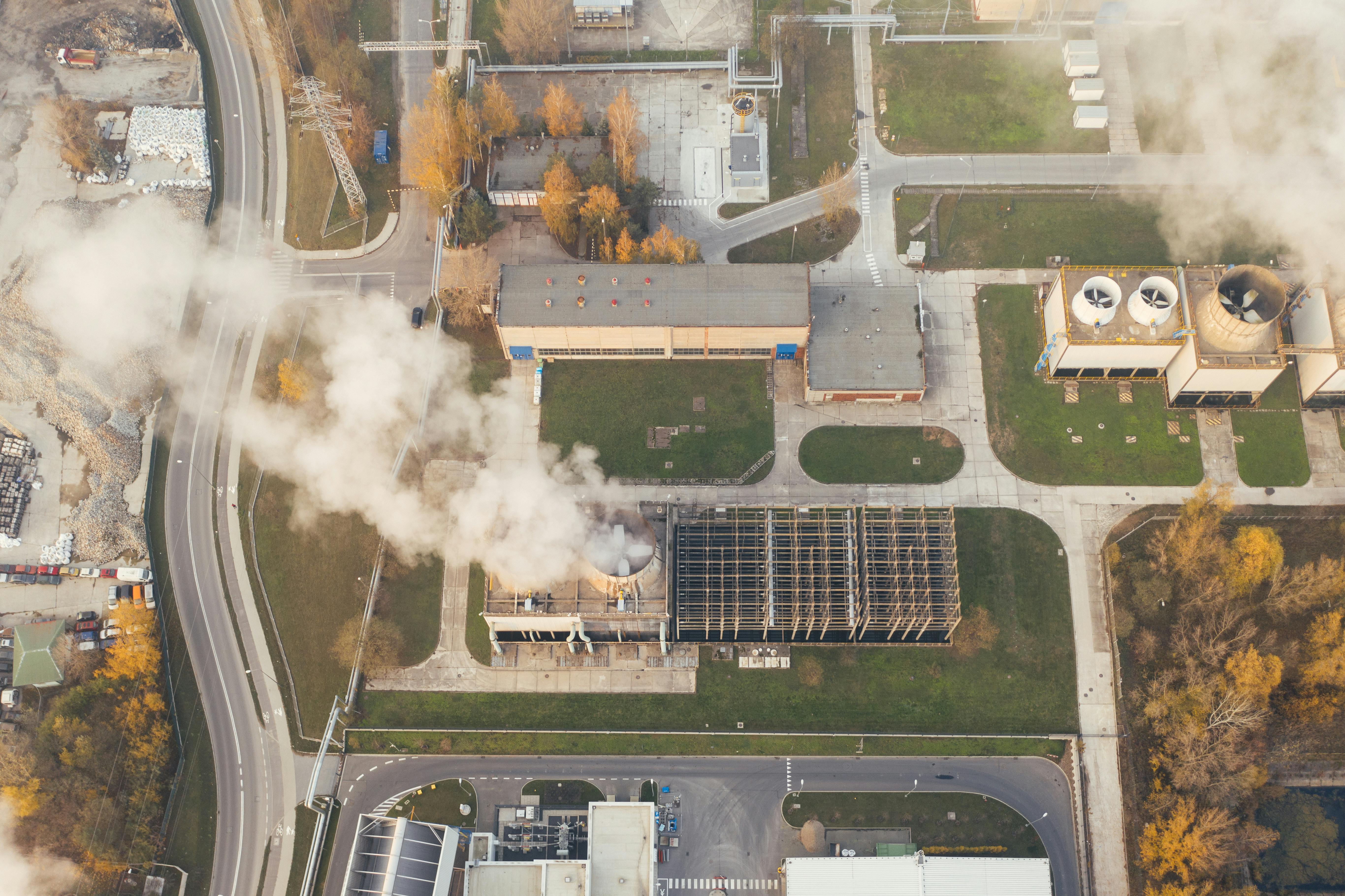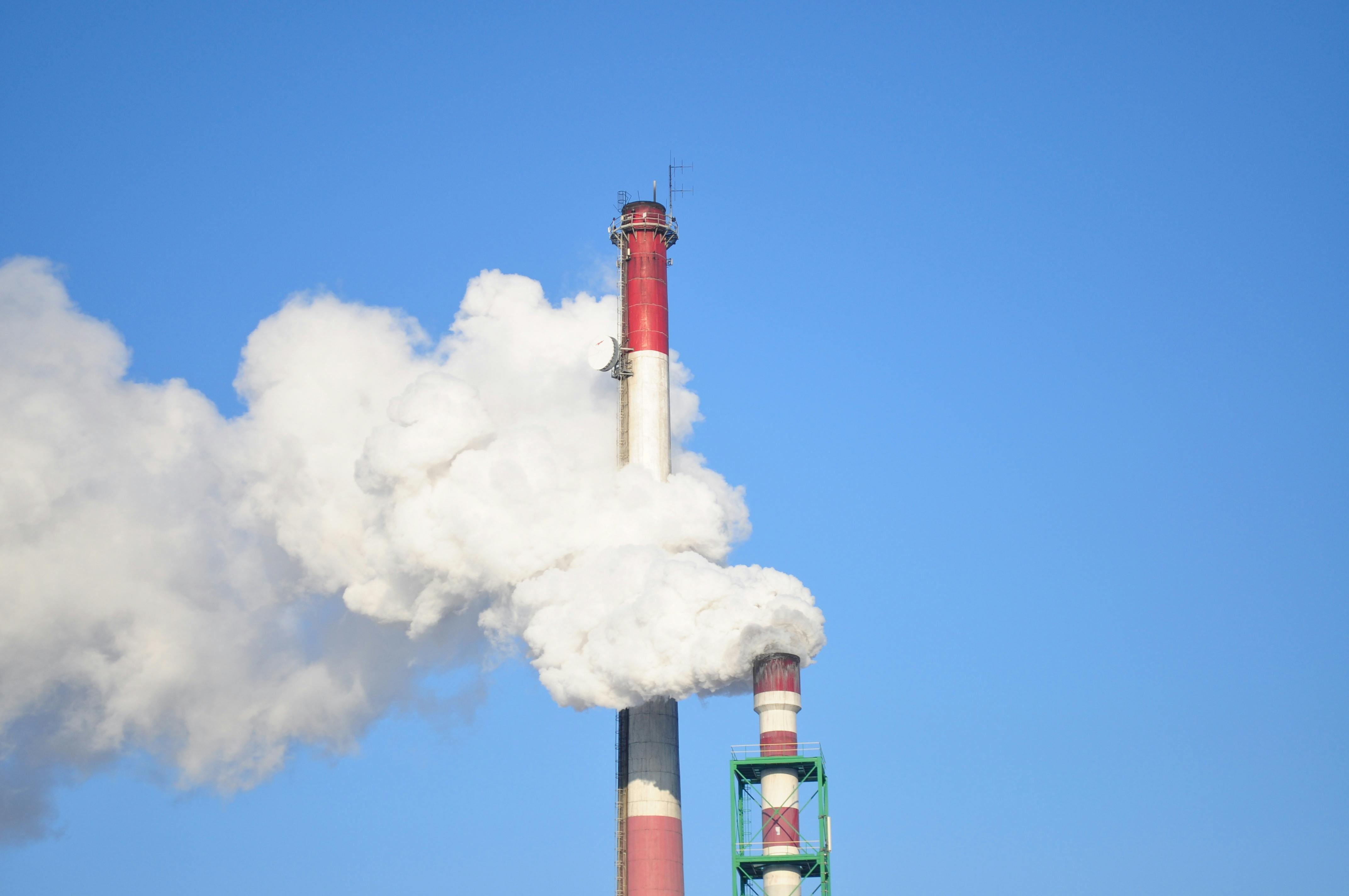You’ve probably heard about the concept of energy healing, but do you really understand what it entails? Energy healing is a holistic approach that focuses on harnessing and balancing the body’s natural energy, promoting overall well-being and vitality. By tapping into our body’s energetic system, practitioners aim to remove blockages and promote the flow of positive energy, which can lead to physical, emotional, and spiritual healing. In this article, we will explore the different modalities of energy healing and how they can benefit you. So, get ready to discover a whole new level of healing and rejuvenation.
What is Energy Healing?
Energy healing is a holistic alternative therapy that aims to restore balance and harmony in the body by working with the body’s energy systems. It is based on the belief that imbalances or blockages in the flow of energy can lead to physical, emotional, and spiritual ailments. Energy healing techniques involve the manipulation and channeling of energy to promote healing and well-being.
Definition of Energy Healing
Energy healing refers to a broad range of therapeutic techniques that utilize the energy within and around the body to promote healing. It is based on the understanding that everything is made up of energy and that imbalances or disruptions in this energy can lead to illness or disease. Energy healing techniques work by removing blockages and restoring the free flow of energy in order to facilitate the natural healing process.
Ancient Origins of Energy Healing
The practice of energy healing dates back thousands of years and can be traced to various ancient civilizations. From Traditional Chinese Medicine’s concept of Qi to the Indian Ayurvedic practice of working with prana, many ancient cultures recognized the importance of energy in maintaining health and well-being. These ancient healing practices laid the foundation for modern energy healing techniques that are practiced today.
Different Types of Energy Healing
There are numerous types of energy healing modalities, each with its own unique approach and techniques. Some popular forms of energy healing include Reiki, Pranic Healing, Quantum Touch, Theta Healing, and Chakra Healing. While the specific techniques and methods may vary, all energy healing modalities share the common goal of balancing and harmonizing the body’s energy to promote healing and well-being.
How Does Energy Healing Work?
Energy healing works by understanding and manipulating the energy systems within the body. It operates on the principle that the human body is composed of several energy centers, known as chakras, which are interconnected and influence various aspects of physical, emotional, and spiritual health.
The Concept of Energy Flow
According to energy healing principles, when the energy flow within the body is blocked or disrupted, it can lead to physical, emotional, and spiritual imbalances. These blockages can manifest as pain, illness, or negative emotions. Energy healing techniques aim to identify these blockages and restore the natural flow of energy to promote healing and well-being.
Balancing the Energy Centers
Energy healing practitioners work to balance the chakras, also known as the energy centers in the body. Each chakra is associated with specific physical and emotional attributes, and an imbalance in any of these energy centers can manifest as illness or disease. Energy healing techniques, such as Reiki or Chakra Healing, involve directing energy to balance and align these energy centers, allowing the body to heal itself.
Removing Energy Blockages
Energy blockages can occur for various reasons, such as stress, trauma, or negative emotions. These blockages hinder the free flow of energy and can contribute to physical and emotional ailments. Energy healing techniques aim to detect and remove these blockages, clearing the path for energy to flow freely and promoting healing at all levels.
Enhancing the Body’s Vital Force
Energy healing also works by boosting the body’s vital force or life energy. By replenishing the body’s energy reserves, energy healing techniques help to strengthen the immune system and support overall well-being. By enhancing the body’s vital force, energy healing promotes healing and restores balance and harmony.

Benefits of Energy Healing
Energy healing offers a wide range of benefits for physical, emotional, and spiritual well-being. It can be used as a standalone therapy or as a complementary approach to traditional medicine. Some of the key benefits of energy healing include:
Promotes Relaxation and Stress Reduction
Energy healing techniques are known to induce a deep state of relaxation, which can help reduce stress and anxiety. When the body is in a relaxed state, it can repair and heal itself more efficiently. Energy healing promotes deep relaxation, allowing the body to release tension and restore its natural balance.
Boosts the Immune System
By enhancing the body’s vital force, energy healing strengthens the immune system, making the body more resilient to illness and disease. The free flow of energy promotes optimal functioning of the body’s systems, boosting the immune response and supporting overall health.
Supports Emotional Healing
Energy healing techniques can be powerful tools for emotional healing. They help release negative emotions, trauma, and energetic blockages that may be stored in the body. By clearing these emotional imbalances, energy healing promotes emotional healing, allowing individuals to experience greater peace, happiness, and well-being.
Restores Balance and Harmony
Energy healing works on the principle of restoring balance and harmony within the body. By addressing imbalances in the energy systems, it promotes overall well-being and helps individuals achieve a state of physical, emotional, and spiritual harmony. Energy healing techniques provide a holistic approach to healing, addressing the root causes of imbalances rather than just the symptoms.
Specific Techniques of Energy Healing
There are various specific techniques and modalities within the field of energy healing. Some of the most well-known ones include:
Reiki
Reiki is a Japanese form of energy healing that channels universal life energy through the hands of the practitioner. The word “Reiki” means “universal life energy” and is derived from the Japanese words “rei” (universal) and “ki” (life energy). Practitioners use their hands to transfer this healing energy to the recipient, promoting relaxation, stress reduction, and overall well-being.
Pranic Healing
Pranic Healing is a system of energy healing that involves the manipulation and cleansing of energy, known as prana. The practitioner uses specific hand movements and techniques to remove energetic blockages and balance the chakras. Pranic Healing is based on the understanding that the body can heal itself when the energy systems are in balance.
Quantum Touch
Quantum Touch is an energy healing technique that focuses on the power of intention and breathwork. Practitioners use their intention to raise their vibrational frequency and transfer this energy to the recipient. Quantum Touch aims to promote self-healing by facilitating the body’s natural healing response.
Theta Healing
Theta Healing is a meditation-based energy healing technique that allows individuals to access the theta brainwave state. In this state, individuals can connect with their subconscious mind and identify and release limiting beliefs and patterns. Theta Healing aims to reprogram the subconscious mind and promote healing and personal growth.
Chakra Healing
Chakra Healing involves working with the body’s energy centers, known as chakras, to promote balance and healing. Each chakra is associated with specific qualities and attributes, and imbalances in these energy centers can manifest as physical or emotional ailments. Chakra Healing aims to restore the natural flow of energy by balancing and aligning the chakras.

Energy Healing and Traditional Medicine
Energy healing can be used as a complementary approach to traditional medicine, working in harmony with conventional treatments. It is important to note that energy healing is not intended to replace medical advice or treatment but can be utilized alongside traditional medicine to enhance healing and well-being.
Complementary Approach
Energy healing can complement traditional medical treatments by addressing the energetic imbalances and blockages that may underlie physical or emotional ailments. By restoring the flow of energy, energy healing can support the body’s natural healing processes and enhance the effectiveness of medical treatments.
Integrative Medicine
Integrative medicine takes a holistic approach that combines conventional medical treatments with complementary therapies, including energy healing. By integrating energy healing into a comprehensive treatment plan, individuals can benefit from a multidimensional approach that addresses the physical, emotional, and energetic aspects of health.
Potential Risks and Limitations
While energy healing is generally considered safe, it is important to consult with a qualified practitioner and inform your healthcare provider before starting any new therapy. Energy healing techniques should not be used as a substitute for professional medical advice or treatment. It is also important to be aware that energy healing may have limitations and may not be effective for everyone.
Scientific Evidence and Criticisms
The scientific evidence supporting energy healing is still evolving, and there is ongoing debate within the medical community. While there is a growing body of research that explores the benefits of energy healing, some critics argue that the observed effects could be attributed to the placebo effect or other factors.
Studies and Research on Energy Healing
Numerous studies have explored the effects of energy healing techniques, such as Reiki and Pranic Healing, on a wide range of conditions. While some studies have shown promising results, it is important to note that more research is needed to fully understand the mechanisms and effectiveness of energy healing.
Placebo Effect and Skepticism
Skeptics of energy healing argue that the observed benefits could be attributed to the placebo effect, where individuals experience improvements simply because they believe they will. It is important to note, however, that even if the placebo effect is at play, the positive outcomes and benefits experienced by individuals should not be discounted.

The Role of the Energy Healer
Energy healers play a vital role in facilitating the healing process and supporting individuals on their journey towards well-being. A skilled and ethical energy healer can provide a safe and nurturing environment for healing to occur.
Training and Certification
Energy healers often undergo extensive training and certification programs to develop their skills and knowledge. While the specific requirements may vary, it is important to seek out practitioners who have received proper training and certification in their chosen modality.
Ethics and Professionalism
Ethics and professionalism are essential qualities of an energy healer. Practitioners should maintain a high level of integrity, respect client boundaries, and prioritize the client’s well-being above all else. A professional energy healer will also ensure a safe and confidential environment for the healing session.
The Healing Relationship
The healing relationship between the energy healer and the client is an important aspect of the healing process. Trust, compassion, and open communication are key elements of a successful healing relationship. It is important for the client to feel comfortable and supported throughout the healing journey.
Energy Healing and Self-Healing
Energy healing empowers individuals to take an active role in their own healing process, promoting self-empowerment and personal growth. While energy healing practitioners can facilitate healing, individuals themselves have the power to heal and transform their own lives.
Empowering Individuals
Energy healing encourages individuals to tap into their own inner resources and innate healing abilities. By learning techniques for self-healing, individuals can take charge of their own well-being and actively participate in their healing journey.
Techniques for Self-Healing
There are various techniques and practices that individuals can use for self-healing. These can include meditation, breathwork, visualization, and energy clearing exercises. By incorporating these practices into their daily lives, individuals can support their own healing and well-being.

Energy Healing and Emotional Well-being
Energy healing has a profound impact on emotional well-being, addressing emotional imbalances and promoting healing at a deep level. By clearing emotional blockages and releasing trauma, energy healing can support individuals in finding emotional balance and creating positive changes in their lives.
Clearing Emotional Imbalances
Energy healing techniques work to release trapped emotions and clear emotional blockages that may be stored in the body. By addressing these emotional imbalances, energy healing promotes emotional healing and allows individuals to experience greater peace, joy, and emotional freedom.
Releasing Trauma and Negative Patterns
Energy healing can be particularly effective in releasing and healing trauma and negative patterns. Traumatic experiences can create energetic imprints that impact an individual’s well-being. Energy healing techniques can help release these imprints, allowing individuals to heal from past wounds and create a positive future.
Energy Healing: Personal Experiences and Testimonials
Many individuals have reported powerful and transformative experiences with energy healing. Personal experiences and testimonials provide firsthand accounts of the healing potential of energy healing techniques.
Case Studies
Case studies provide detailed accounts of specific individuals who have undergone energy healing treatments and experienced positive results. These case studies offer insights into the potential benefits of energy healing and provide anecdotal evidence of its effectiveness.
Anecdotal Evidence
Anecdotal evidence refers to individual accounts or stories of personal experiences with energy healing. While anecdotal evidence may not be scientifically validated, it provides valuable insights into the personal experiences and transformative effects of energy healing.
In conclusion, energy healing is a holistic approach to healing that acknowledges the vital role of energy in maintaining physical, emotional, and spiritual well-being. By working with and manipulating the body’s energy systems, energy healing techniques aim to restore balance, promote healing, and support overall well-being. While the scientific evidence may still be evolving, the personal experiences and testimonials of individuals who have experienced the benefits of energy healing highlight its potential to facilitate deep and transformative healing. Whether used as a standalone therapy or as a complementary approach to traditional medicine, energy healing offers individuals the opportunity to take an active role in their own healing and create positive changes in their lives.

